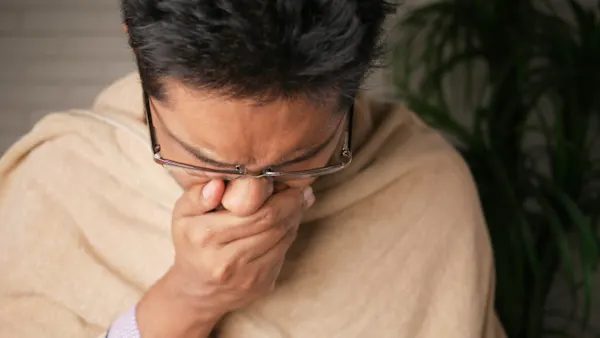By Brand Studio
Copyright channelnewsasia

Singapore’s tropical climate means residents are at risk of the flu year-round, said Dr Fang. “That said, we do observe two peaks in activity – from April to July and from November to January. During these periods, factors including increased holiday travel and social gatherings may raise the likelihood of exposure.”
Healthy adults usually recover in five to seven days, though symptoms can linger for up to two weeks. Dr Fang advises children to rest at home until symptoms are gone, and wait another day or two before resuming physical activity. “Severe flu episodes can lead to hospitalisation and disrupt a child’s life,” said Dr Fang.
Even healthy children and adults may face complications, including bronchitis, sinusitis and ear infections, as well as pneumonia, myocarditis (heart inflammation) and encephalitis (brain inflammation). Flu infections can also trigger asthma attacks in people with the condition.
Wearing a mask, washing hands regularly and avoiding close contact with unwell people can help reduce transmission. Still, Dr Fang noted that flu vaccination remains the most effective way to prevent infection and complications.
The National Adult Immunisation Schedule and the National Childhood Immunisation Schedule recommend flu vaccination for all, with particular emphasis on groups at higher risk of complications. These include children under five, seniors aged 65 and above, patients with chronic medical conditions such as diabetes and kidney disease, pregnant women and those undergoing immune-suppressing treatment like steroid or radiation therapy.
STAY AHEAD OF THE FLU



